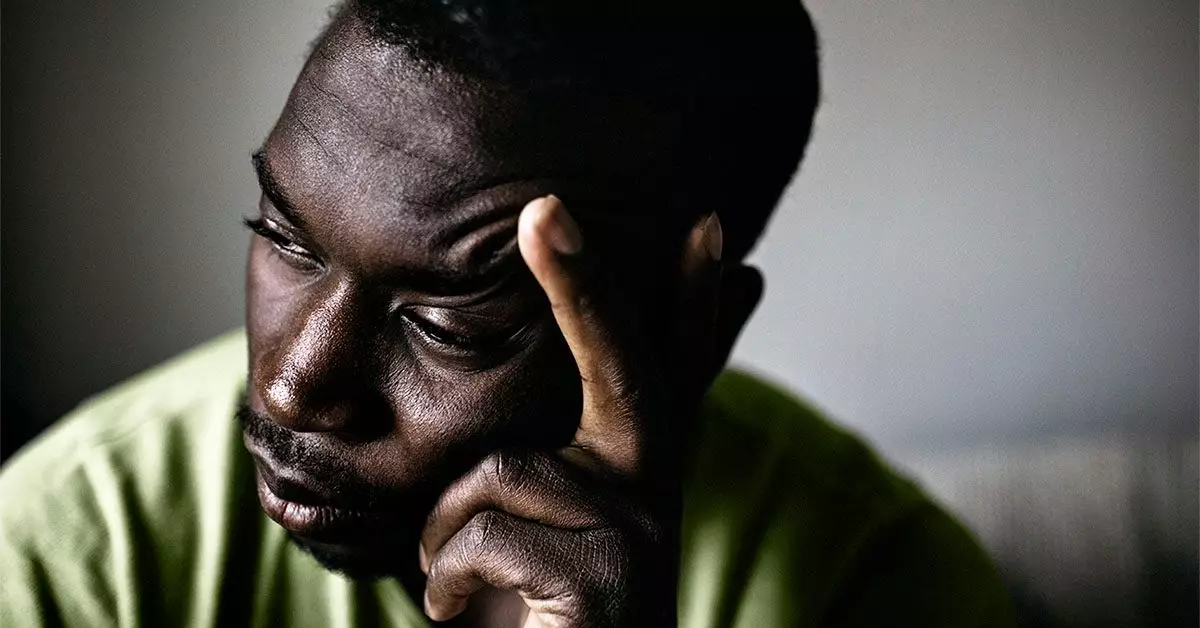Anti-Black racism is a pervasive and systemic issue that continues to harm the lives of Black individuals and communities across various facets of society. From historical roots embedded in slavery and colonialism to contemporary structures of inequality, the ramifications of this form of racism are profound and multilayered. This article delves into how anti-Black racism manifests, the psychological toll it takes, and the critical need for systemic reforms in mental health care and support for Black individuals.
At its core, anti-Black racism is not merely an expression of individual hostility but a deeply entrenched system that involves discriminatory practices and societal norms. Rooted in a history of slavery, colonial exploitation, and pseudoscientific beliefs, anti-Black racism operates within institutional frameworks that maintain disparities in wealth, health, and opportunity. This systemic prejudice surfaces in overt acts of discrimination, such as hate crimes, as well as in more insidious forms like microaggressions—those often unintentional comments or behaviors that perpetuate harmful stereotypes about Black people.
Examples of microaggressions include seemingly innocuous acts, such as touching a Black person’s hair without permission or assuming their intellect is lesser. Such behaviors, while not always overtly aggressive, accumulate over time, creating an environment where Black individuals feel marginalized and devalued.
Institutional racism refers to policies and practices entrenched in established institutions that serve to disadvantage Black individuals consistently. This can be particularly observed in areas such as education, healthcare, and criminal justice, where systemic biases contribute to inequitable outcomes. For instance, substandard educational facilities in predominantly Black neighborhoods lead to limited academic opportunities, while chronic underfunding of healthcare services results in poor health outcomes for Black populations.
Moreover, structural racism extends beyond individual institutions and encompasses the broader societal framework that privileges certain racial groups over others. Socioeconomic barriers, inadequate access to affordable housing, and health insurance disparities are examples of how structural racism undermines the wellbeing of Black individuals and communities. These obstacles often lead to higher instances of poverty, stress, and illness—contributing to an adverse cycle that reinforces systemic inequity.
The persistent threat of anti-Black racism significantly affects the mental health of those in affected communities. Studies indicate that Black individuals often experience chronic stress due to the anticipation of discriminatory encounters, which can manifest as anxiety and hyper-vigilance. This heightened state of awareness may lead to physiological changes in the body, ultimately contributing to conditions such as hypertension and cardiovascular disease.
The psychological effects of experiencing racism frequently result in diminished self-esteem and a profound sense of hopelessness. The internalization of negative stereotypes can lead individuals to doubt their worth and capabilities, further exacerbating feelings of isolation and despair. Compounding these issues, those belonging to multiple marginalized groups may encounter layered discrimination that intensifies their mental health challenges.
The trauma associated with racial violence, including the killings of unarmed Black individuals, reverberates through Black communities, leading to broader mental health implications. Research links heightened anxiety and reduced trust in social systems, including healthcare, to these traumatic events. Consequently, this lack of trust creates barriers to seeking care, as many Black individuals harbor legitimate concerns about inadequate treatment or cultural misunderstandings within the healthcare system.
Discrimination extends into healthcare settings, where Black patients often encounter stereotyping that can result in misdiagnosis and suboptimal care. Cultural incompetence among healthcare professionals can lead to misunderstandings of Black patients’ experiences, jeopardizing their treatment. Furthermore, a history marred by unethical medical practices, such as those witnessed in the Tuskegee Study, deepens mistrust and reluctance to engage with healthcare services.
To address the mental health disparities exacerbated by anti-Black racism, systemic changes within the healthcare system are essential. Encouraging more Black individuals to pursue careers in mental health can enhance cultural competency among professionals and improve the quality of care. Initiatives such as mentorship programs, scholarships, and inclusive educational environments can cultivate a more representative workforce.
Advocating for equitable healthcare policies is equally crucial. This can include reducing financial barriers that prevent access to mental health services and expanding funding for resources in underserved communities. It is vital to collect comprehensive data on health disparities and the unique needs of Black individuals to inform targeted interventions and track progress.
The psychological toll of anti-Black racism on mental health is profound and far-reaching. Understanding the multifaceted nature of this issue is imperative to fostering an equitable society. By engaging with affected communities and implementing systemic reforms, society can progress toward promoting mental health equity and supporting the wellbeing of Black individuals.

